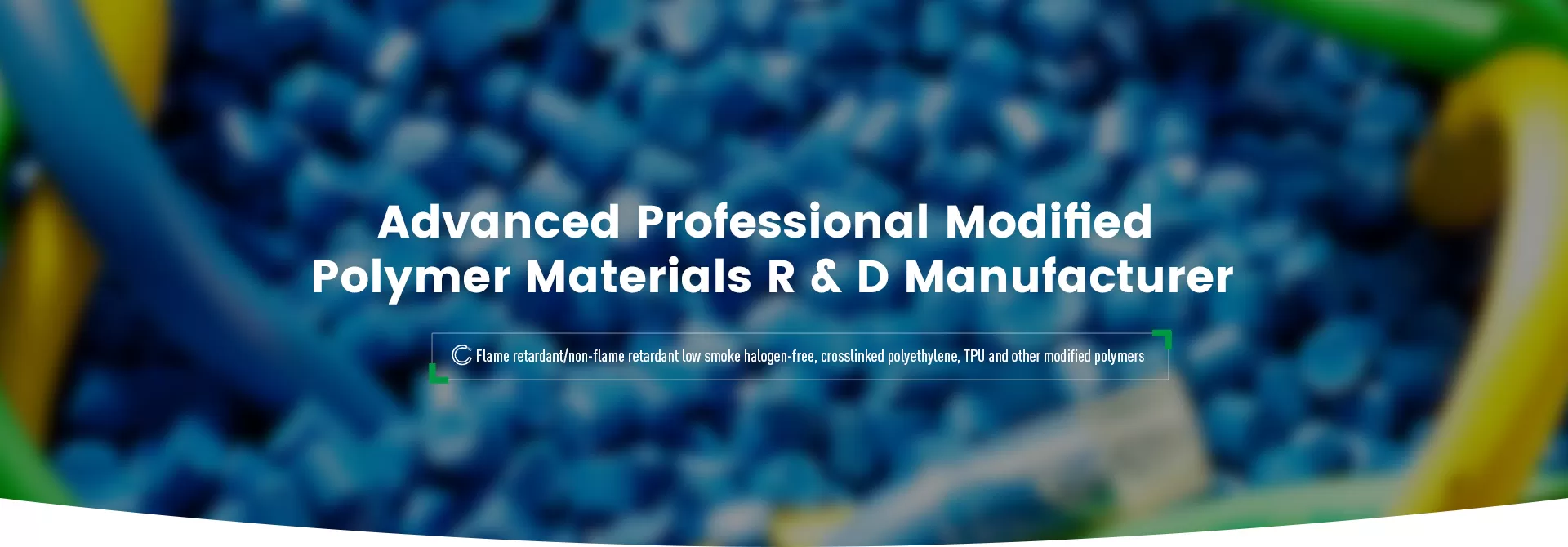
Plastic pellets, commonly known as polymer pellets, are the basis of modern polymer manufacturing. These small, uniform particles are essential for producing countless plastic products used in industries ranging from packaging to construction.
Their versatility, ease of use, and adaptability to specific requirements make plastic pellets a key material for manufacturers. This article explores the types, benefits, manufacturing processes, and wide range of applications of plastic pellets to highlight their role in today's industrial landscape.
1. General-purpose plastic pellets
Examples: Polyethylene (PE), Polypropylene (PP)
Applications: Packaging materials such as films, bags, and containers
These pellets are known for their durability and cost-effectiveness, making them ideal for high-volume production.
2. High-performance engineering pellets
Examples: Polyamide (PA), Acrylonitrile Butadiene Styrene (ABS)
Applications: Automotive parts, electronic housings
High-performance pellets offer excellent strength, heat resistance, and longevity.
3. Specialty and Biodegradable Pellets
Examples: Polylactic acid (PLA), thermoplastic elastomer (TPE)
Applications: environmentally friendly packaging, medical devices
4. Modified plastic pellets
Examples: Low smoke zero halogen (LSZH), cross-linked polyethylene (XLPE), thermoplastic polyurethane (TPU)
Applications: outer jacket and insulation layer of wire and cable
| Summary of plastic pellets | ||
| Type | Applications | |
| 1 | Polyethylene, Polypropylene | Packaging materials |
| 2 | PA, ABS | Automotive parts, electronic housings |
| 3 | PLA, TPE | Environmentally friendly packaging, medical devices |
| 4 | LSZH, XLPE, TPU | Outer sheath and insulation layer of wires and cables |
| Advantages | Easy to handle and store Precision in manufacturing Customizable Environmentally friendly | |
The production of plastic pellets involves several key stages to ensure uniformity and quality:
Polymerization: Raw materials such as petroleum or bio-based feedstocks are processed to form polymers.
Extrusion: Molten polymer is pushed through an extruder to form long plastic strands.
Pelletizing: The plastic strands are cut into small and uniform pellets to obtain the final plastic pellets.
Cooling and packaging: The pellets are cooled, dried and packaged for distribution.
Plastic pellets have several advantages that are indispensable to manufacturers:
1. Easy to handle and store
Their small and uniform shape simplifies transportation and storage, reducing logistics costs and efficiency.
2. Manufacturing Precision
The consistent size and composition of polymer pellets ensures precise measurements, minimizing waste during production.
3. Customizable Properties
Pellets can be enriched with additives such as UV stabilizers, flame retardants or color pigments to meet specific application requirements.
4. Eco-Friendly Choice
With the rise of biodegradable and recyclable pellets, companies can achieve sustainability goals without compromising quality.
Plastic pellets are a versatile material that can be used in various industries:
1. Packaging Industry
Plastic pellets are the main raw material for manufacturing lightweight, durable packaging solutions, including bottles, films and food containers.
2. Automotive Industry
Polymer pellets are used to manufacture vehicle interiors, cable insulation and lightweight structural components to improve fuel efficiency and performance.
3. Building Materials
In construction, pellets are molded into pipes, fittings and insulation to withstand harsh environmental conditions.
4. Consumer Electronics
From smartphone casings to durable wires, plastic pellets ensure that electronic products remain lightweight, durable and beautiful.
5. 3D printing
Polymer granules are processed into filaments for 3D printing, which enables rapid prototyping and customized manufacturing.
6. Cable field
Modified plastic granules are often used to produce cable outer sheath and insulation layers. For example, cross-linked polyethylene materials can be used to produce photovoltaic cables, and thermoplastic polyurethane materials can be used to produce charging pile cables.
Why are Plastic Granules so Important To The Global Industry?
Global demand for plastic granules continues to grow as the industry recognizes their cost-effectiveness, adaptability and innovation potential. As polymer technology advances, its application range continues to expand, paving the way for more sustainable and higher-performance solutions.
Plastic granules not only meet the needs of modern industry, but also drive innovation, providing manufacturers with materials that adapt to changing market needs.